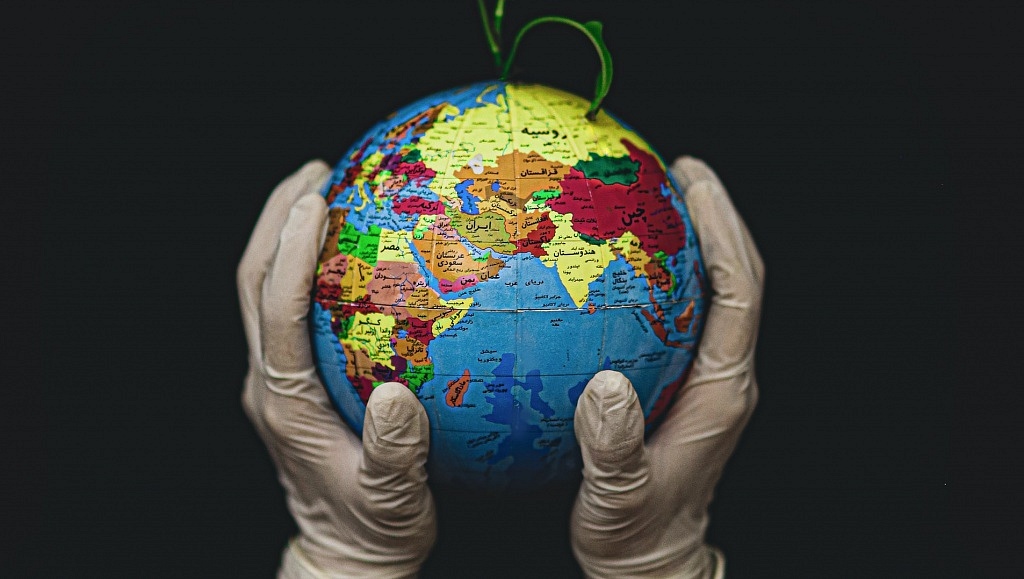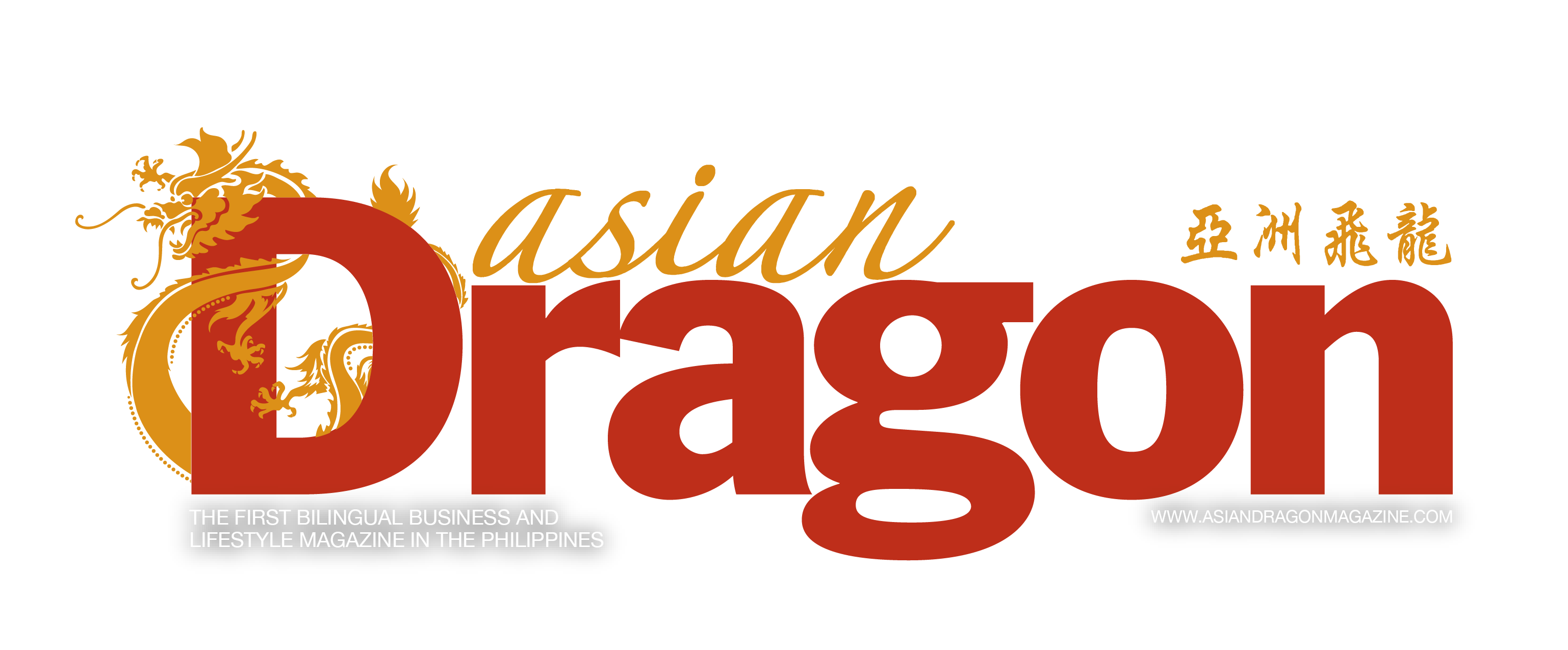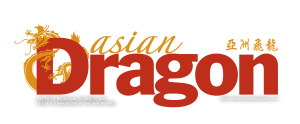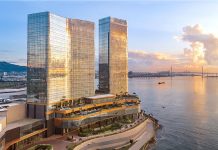
It doesn’t seem like it, but one day, this will all be over.
The novel coronavirus, which took the world hostage for months, will relinquish its hold, the number of cases will start sliding, and people will venture out into the streets once more——hopefully sooner than later. It is this hope that keeps us going despite the isolation and uncertainty. But while we bide our time behind closed doors, it’s a good moment to think about the kind of world we’ll reenter.
To say that nothing will really change is pure naiveté. Just as 9/11 left a cloud of fear and paranoia in its aftermath—permanently installing stricter security checks in airports and turning bottled water into an item of suspicion—so will COVID-19. This trauma shared by all of humanity has already inflicted deep psychological wounds.
And we will have scars. These might manifest in knee-jerk reactions to anyone who coughs in public, a need for an inordinate amount of personal space, and an unshakable addiction to hand sanitizer. On a more serious note, we may have less trust in our leaders and less faith in our healthcare system. These could have serious implications on our politics and democracy.
However, not all of the effects are necessarily detrimental. There are silver linings. For one, everyone will become more hygienic than before, practicing proper sneeze etiquette and singing nursery rhymes while washing hands. It’s also a safe bet that by the end of the pandemic, everyone will know how to cook. Here’s a look at some other things that might change—for the better.
A renaissance of creativity and entrepreneurship
Cooking is just the tip of the iceberg; when the lockdown lifts, we’ll all have upskilled significantly. Better yet, we’ll emerge with a renewed sense of self-reliance and power. Who knew we could survive on so little for so long? Stretch our grocery items for weeks, without compromising the enjoyment of meals? Mend our clothes instead of constantly shopping? Stay healthy without relying on a gym and trainer?
Better yet, who knew we could mobilize our networks to consolidate relief efforts for those in need? Build platforms and new enterprises in days, not years? Use the power of social media not just to spread memes or cat videos, but to spread hope and help?
COVID-19 has forced us to shake off indolence and dig into our latent creativity and resourcefulness. Fearless forecast: This experience will embolden a new generation of entrepreneurs, many of whom will be starting from a place of authenticity, empathy, and social responsibility.
A rise in flexible working conditions
Co-working spaces are taking a painful hit right now, but they just might make a comeback. Employers were forced to do a mass experiment on remote working—and its success so far just might convince them to keep the arrangement.
It’s a win all around: less overhead costs for employers, less traffic woes for workers, and less air pollution for everyone. Fearless forecast: COVID will change the way we work, starting with a hybrid arrangement of remote and on-site working, whenever possible.
A resetting of priorities
Learning to live with less has helped us identify the essential. Consumer behavior is definitely up for a revamp, and the lockdown has proved that we can do without window shopping and impulse buying. Deeper than that, perhaps it’s time to rethink capitalism itself. Quoting philosopher Svenja Flasspöhler, “We realize how much our whole system is designed to consume and produce in order to keep this endless loop going. Now we realize how fragile this capitalist system is and that it might be time to rethink this hierarchy.”
Couple that value reset with a renewed sense of community, and we have a glimmer of hope for a more egalitarian society. One thing’s for sure: We’ll never take life’s simple pleasures for granted again. Fearless forecast: There will be a surge in people who will tweak their lifestyle. Some might experiment with minimalist living; more will exercise mindful consumption.
The aftermath of COVID-19 will leave us picking up the pieces for years, but global disruption doesn’t have to be its only legacy. Let’s make sure this period in history is not a dark and empty void, but instead, a springboard for rewriting our story as a species.



































